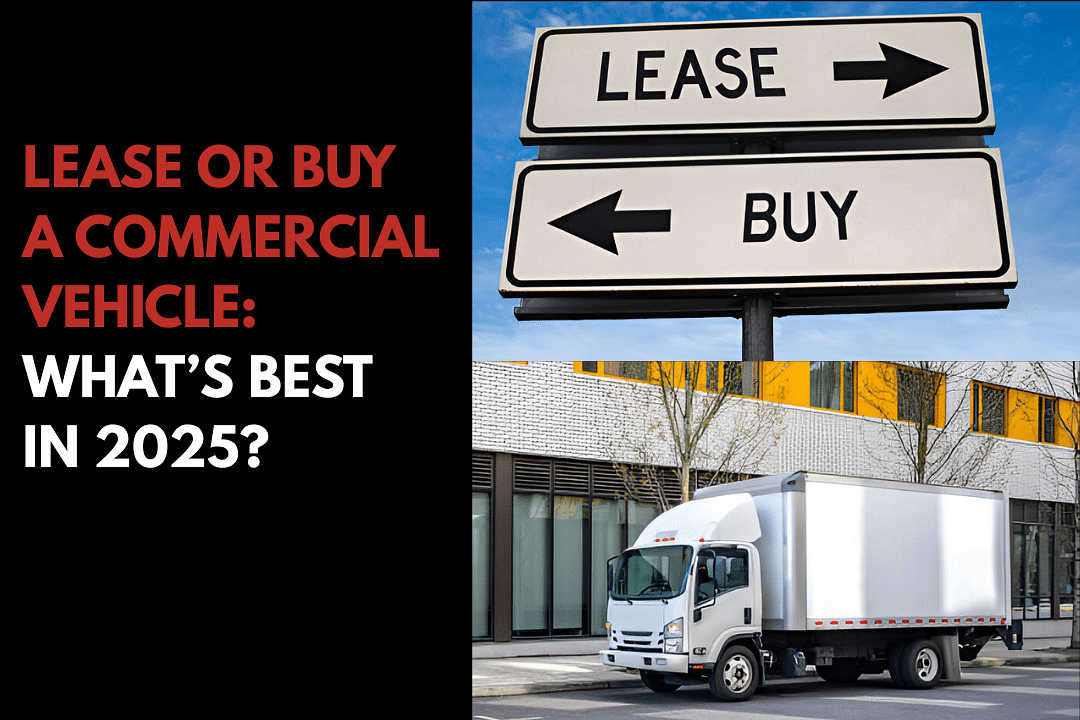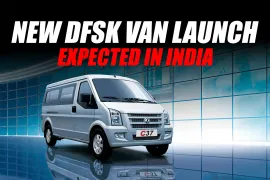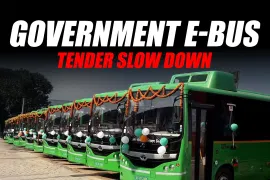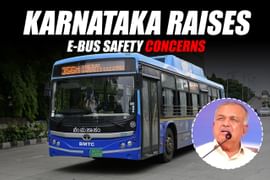In 2025, businesses that scale transport, logistics, or delivery services face a crucial question: Should you buy or lease a commercial vehicle? As electric models evolve and tax structures shift, your choice must align with your operational and financial goals.
Understanding the Difference
When you buy a commercial vehicle, you either pay upfront or finance it through a loan. You become the legal owner and take full responsibility for insurance, maintenance, and resale.
If you lease a commercial vehicle, you pay monthly over a set term. You don’t own it, but you use it. After the term, you can return, renew, or purchase the vehicle.
Why Buying May Work for You
Buying suits businesses that want control. When the loan ends, the vehicle is yours. You can customize it. You can drive unlimited miles. You can sell it later.
Key reasons to buy:
- Ownership: You control how you use and modify the vehicle.
- No Mileage Caps: There’s no usage restriction.
- Resale Value: If you maintain it well, resale recovers part of your cost.
Still, buying comes with higher upfront payments and ongoing expenses. You also need to handle commercial vehicle insurance and cover all repairs.
Why Leasing Has Grown in 2025
Many businesses now choose to lease commercial vehicles. The shift is clear: less capital tied up, more fleet flexibility, and access to new tech.
Why leasing makes sense:
- Lower Upfront Cost: No large down payment.
- Newer Models: You can upgrade easily.
- Fixed Costs: Lease includes insurance, servicing, and maintenance.
However, leasing limits mileage. You can’t customize the vehicle. If your work demands changes, that could be an issue.
Buying vs Leasing: Key Comparisons
| Feature | Buy | Lease |
| Initial Cost | High (loan or full payment) | Low (deposit or first month’s fee) |
| Ownership | Yes | No |
| Maintenance | Paid by owner | Usually included |
| Insurance | Handled separately | Often bundled |
| Upgrades | Less frequent | Easier to switch models |
| Tax Benefits | Depreciation, input credits | Lease payments deductible |
| Resale Risk | On the owner | On the lessor |
What Should Drive Your Decision?
Your business model must guide your choice. In 2025, buying fits when:
- You drive long distances.
- You want full control.
- You plan to keep the vehicle for years.
- You can manage higher upfront costs.
Leasing works when:
- You want flexibility.
- You avoid ownership risks.
- You prefer monthly budgeting.
- You expect to adopt electric commercial vehicles soon.
Also, if you're testing new routes or fleet types, leasing limits financial exposure.
Don’t Ignore Insurance
Whether you buy or lease, commercial vehicle insurance remains essential. It protects you from:
- Accidents
- Third-party liability
- Fire, theft, or natural calamities
If you lease, check whether the policy is included. If not, get separate coverage. Buying insurance online helps you compare, choose, and save time.
If your business involves operating trucks for cargo transport, you’ll need a dedicated commercial truck insurance plan. These policies are tailored to cover the specific risks of long-distance freight, heavy loads, and frequent road use. When selecting a plan, pay attention to the Insured Declared Value (IDV), this is the maximum amount your insurer will pay if your truck is stolen or completely damaged.
- A higher IDV gives stronger financial protection but will increase your premium.
- Choose your IDV based on the truck’s current market value and condition.
Final Thoughts

In 2025, both options, buying or leasing a commercial vehicle in India make sense in different ways. Choose buying if you want assets, control, and long-term use. Choose leasing if you need flexibility, lower cost, and quick upgrades. But either way, secure the right commercial vehicle insurance. It’s your shield against risk and your guarantee for smooth business.
- Stay updated with 91trucks for more articles and news.
- Subscribe to our YouTube channel.
- Follow us on Facebook, Instagram, and LinkedIn.










